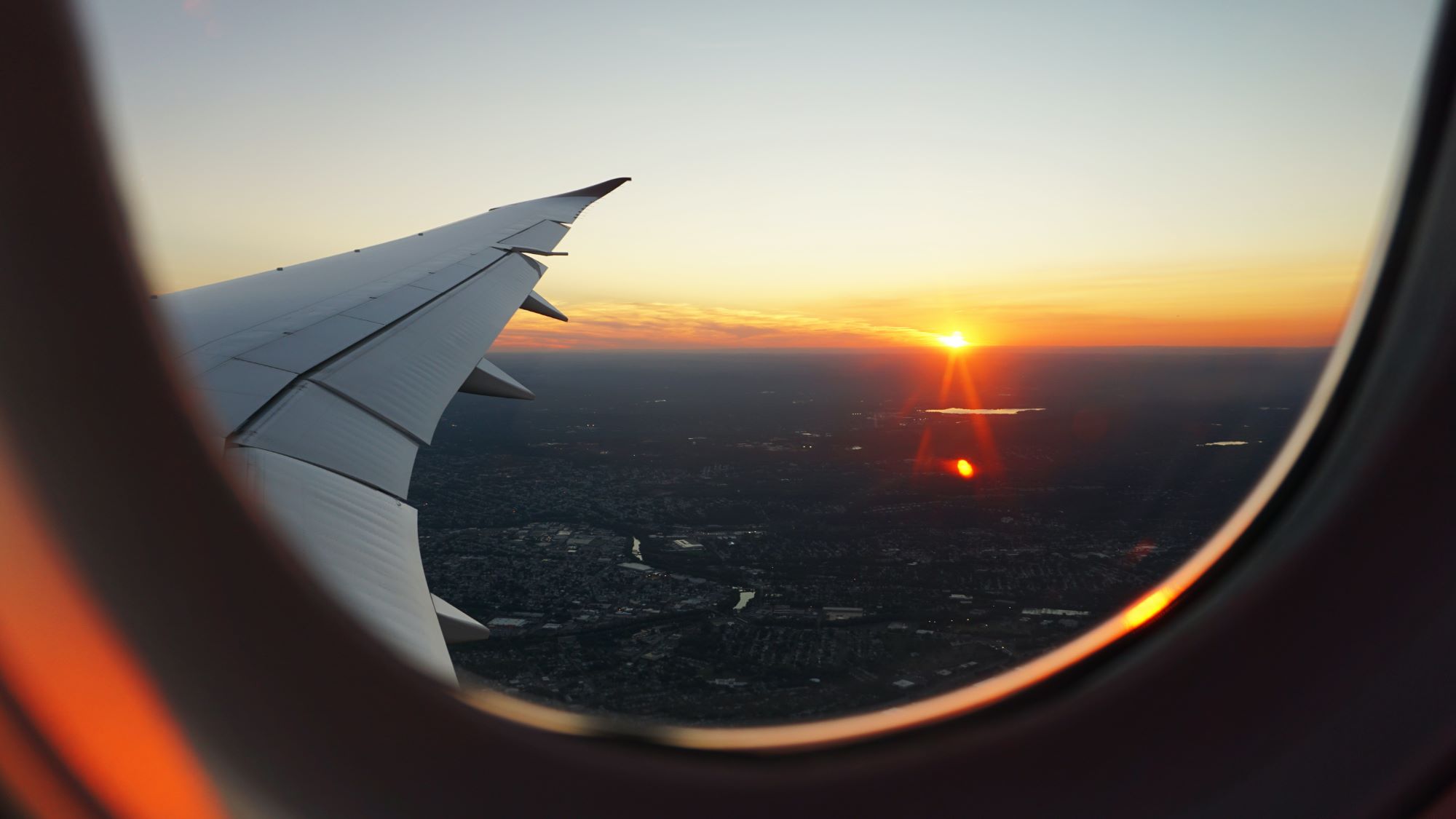What is the best COVID-19 opening-up strategy for the industry?
As we may be approaching the end of the COVID-19 restrictions, it becomes time to start thinking about potential opening-up strategies for the leisure, tourism and hospitality sector.
Higher prices: is that wise?
One of the questions that will be up there is setting new prices for the goods, services and experiences on offer. Demand will probably be very high on multiple levels. Private households have saved money because of the limited spending opportunities over the last 12 months. So, in the beginning at least, high demand will be combined with an high willingness to pay. A bonanza of opportunity knocking on the door. From an economic point of view that actually makes sense. But is it the wise thing to do?
Prospect Theory
If we take a more psychological view, it might not be. Let’s introduce Daniel Kahnemann and Amos Tversky, Nobel prize winners, with their work on decision making from a behavioral perspective, the “Prospect Theory”. Economics theory is usually grounded in Utility Theory. Basically a decision is based on the expected “utility”. And of course “all things being equal” we will chose the option with the highest expected “utility”. The way risk is connected, is by making some calculations where chance is connected to the expected best possible outcome.
Risk mitigation
The Prospect Theory deals with risk in another way. Kahnemann and Tversky don’t connect mathematically to the outcome but more in terms of value and especially a sense of profit or gain or a sense of loss connected to the choices at hand. And what was really different, they implied that the reference point of the decision-making was key to real live behavior as well.
The revenge of the guests
Back to our case at hand. When the sector will overcharge its future guests/clients these will be sympathetic to a certain level. The sector has lost so much money it is “fair” that they charge more. If the inflation goes beyond a certain point the excess profit the sector makes will be valued as a “loss” by the individual. This evaluation will lead to sometimes very negative framing of the culprit and/or the experience. Time for payback. The overall result will be that in the future the customers will try to stay away from this specific offer as much as possible. Research shows that this payback decision finds its way to the part of our brain where dopamine is released. Unintended and with dire consequences it generates a temporary feeling of happiness. This in its turn will confirm the blacklisting of the organisation you were dealing with. Actually revenge turns out to be sweet and best served cold.



